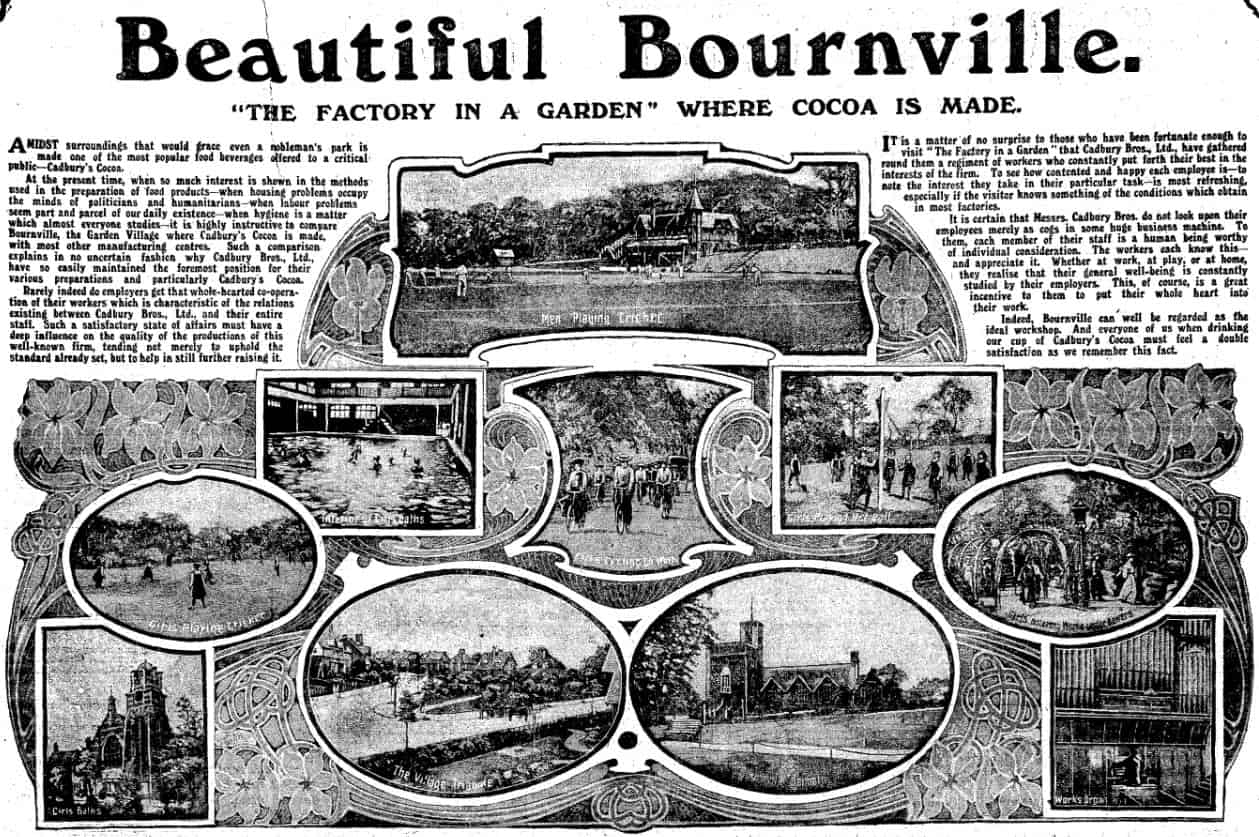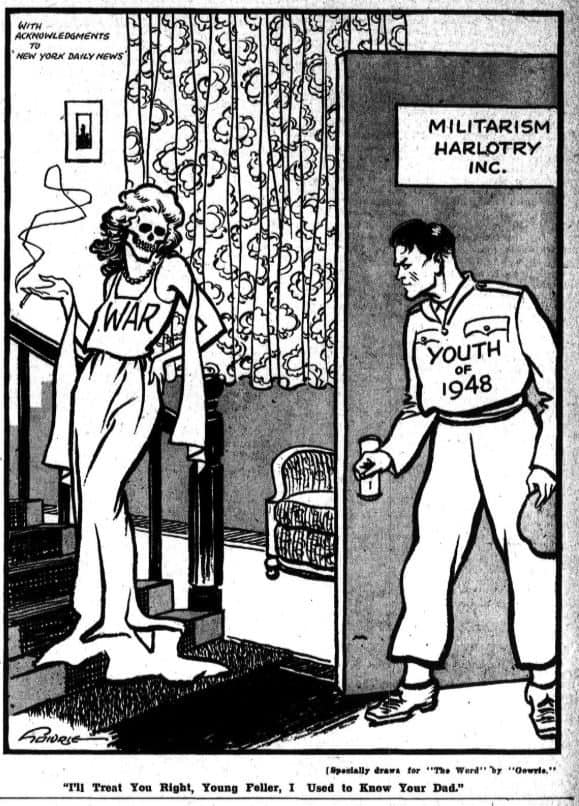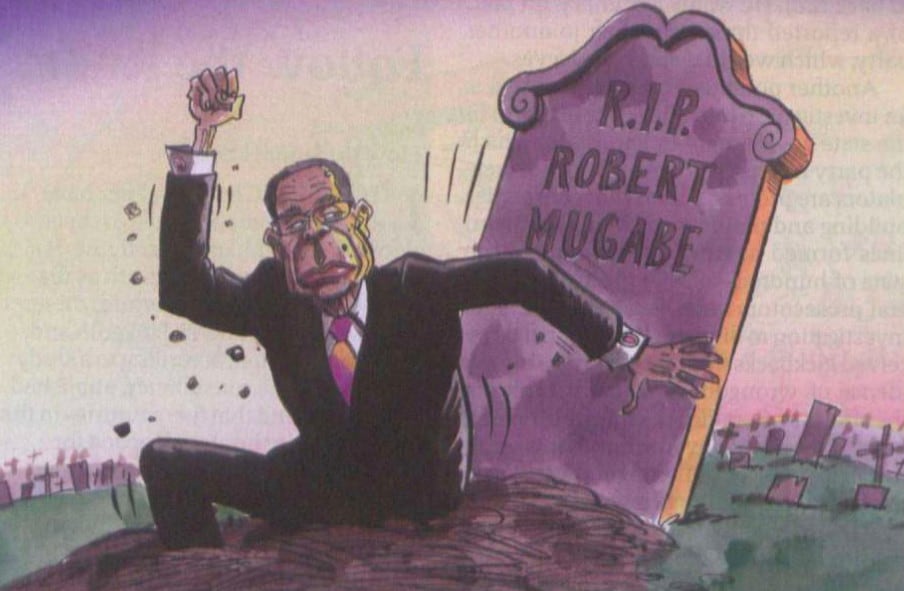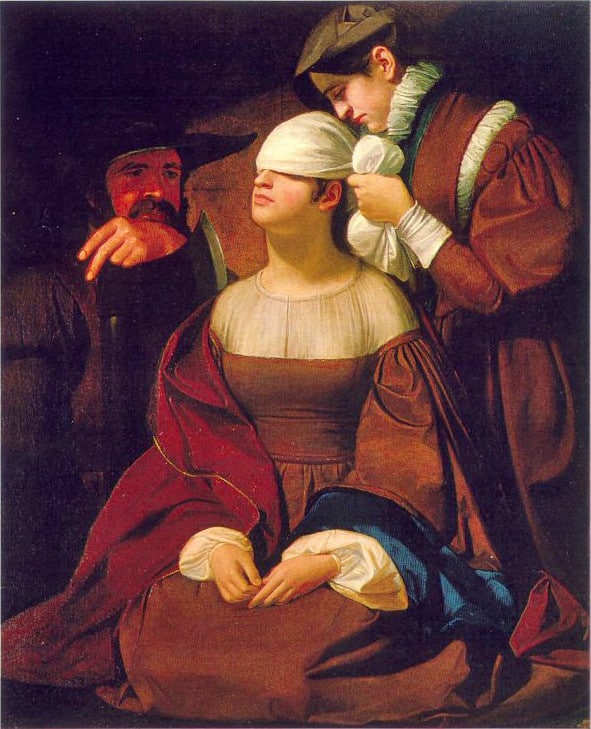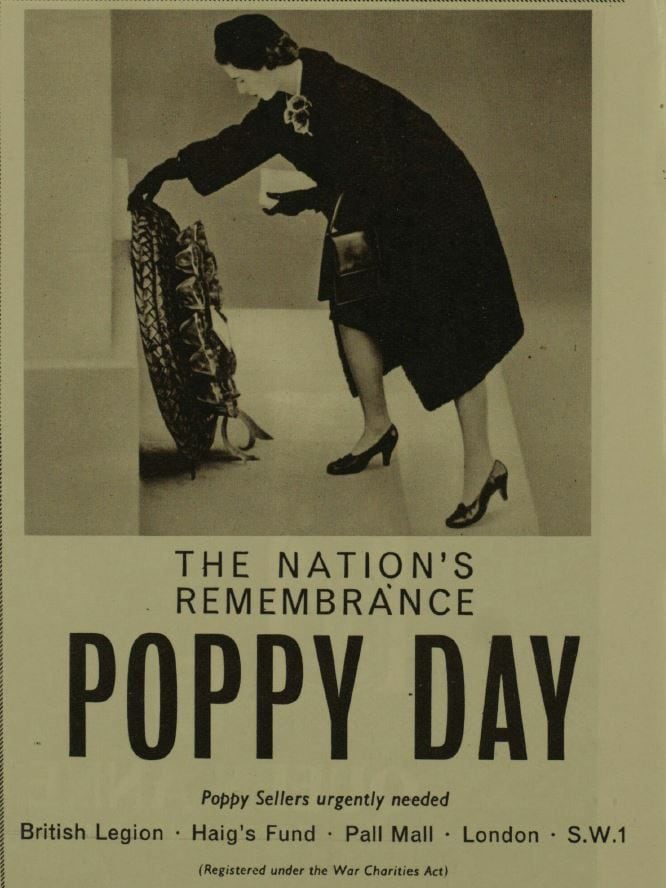By Emily Priest, Gale Ambassador at the University of Portsmouth
When I tell people that I am studying a Creative Writing degree, they always look at me with squinted eyes, furrowed brows and a twisted mouth that questions, ‘does such a thing exist?’ It is a relatively new degree, and only a few universities in the UK offer it, but surely it isn’t that strange? When I get this reaction, I think people are more confused by why it exists – and its place within the academic world.
Creative Writing seems to live on the fringe of academia. Although creative writing students read as much as any other, there is less focus on journals and articles and more on prose and poetry. Our submissions include short stories or poetry rather than long essays and our marking criteria relies on subjective opinion. It’s certainly fun but seems less serious. This poses the question – where do us writers fit within the academic world? Can we even fit in it at all?


